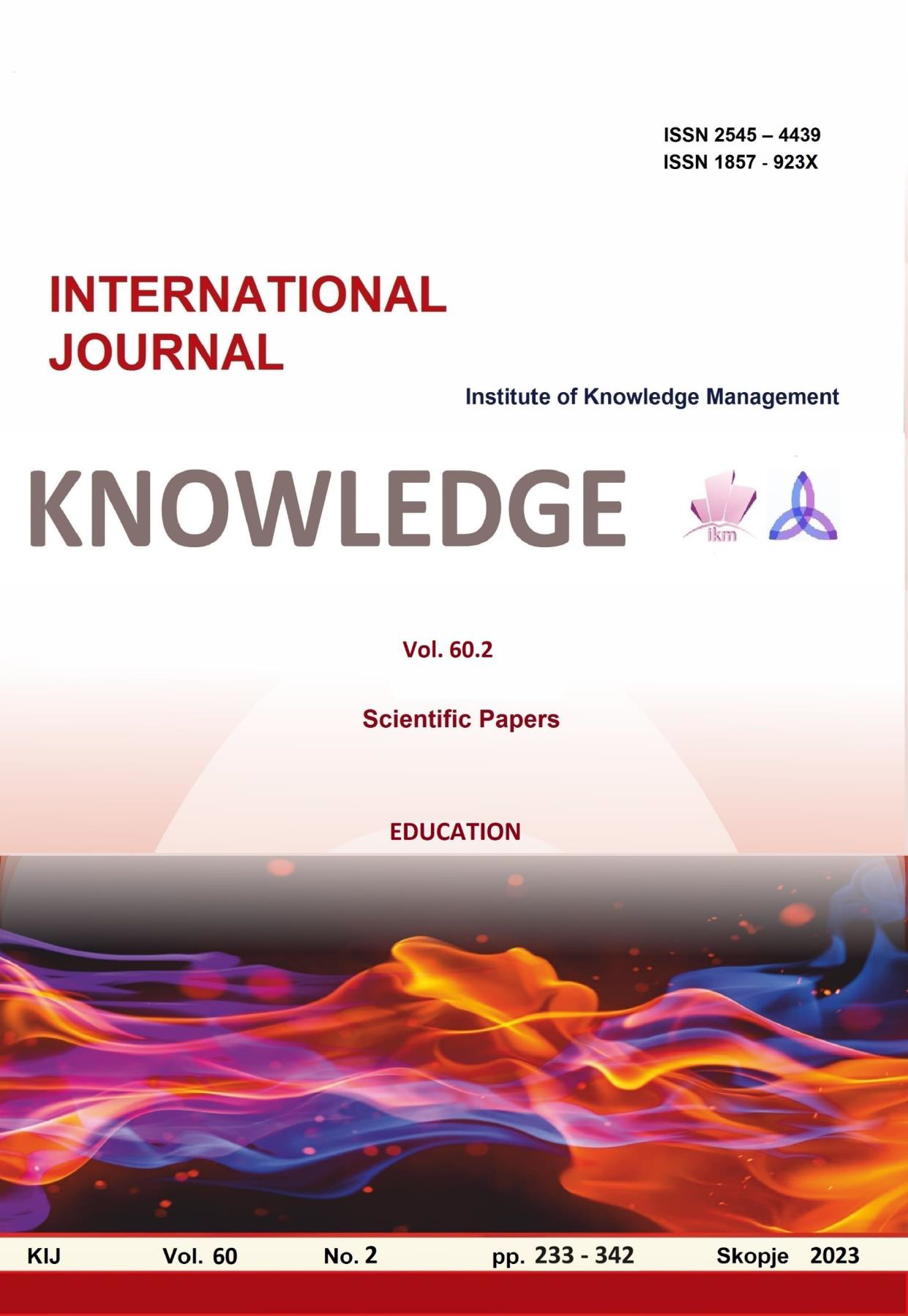FOSTERING INNOVATION IN HIGHER EDUCATION: TRANSFORMING TEACHING FOR TOMORROW
FOSTERING INNOVATION IN HIGHER EDUCATION: TRANSFORMING TEACHING FOR TOMORROW
Author(s): Fauzi Skenderi, Lindita SkenderiSubject(s): Social Sciences, Education, Higher Education , Sociology of Education
Published by: Scientific Institute of Management and Knowledge
Keywords: innovative;higher education;teaching;challenges
Summary/Abstract: In today's rapidly evolving world, higher education institutions face the pressing challenge of preparing students for a future characterized by unprecedented technological advances and societal changes. Innovative teaching methods have emerged as a pivotal response to this challenge, fundamentally reshaping the landscape of higher education. This abstract explores the paradigm shift towards innovative teaching in higher education institutions, focusing on its principles, benefits, and challenges. Innovative teaching in higher education is characterized by a departure from traditional lecture-based pedagogy towards student-centered, active learning approaches. This transformation emphasizes the cultivation of critical thinking, problem-solving skills, and adaptability. It leverages technology to facilitate personalized and immersive learning experiences, breaking down geographical barriers and fostering global collaborations. The benefits of innovative teaching are multifold. It enhances student engagement, promotes deeper understanding of subject matter, and cultivates lifelong learners equipped to thrive in an ever-changing job market. Moreover, it allows educators to tailor instruction to individual student needs, fostering inclusivity and equity. Innovative teaching also aligns higher education with the demands of the 21st century, bridging the gap between academia and industry. However, implementing innovative teaching practices is not without its challenges. Resistance to change, faculty training, and resource constraints are hurdles that institutions must overcome. Moreover, the assessment of student learning in innovative settings requires reevaluation and redesign of traditional evaluation methods. In conclusion, innovative teaching in higher education institutions represents a transformative shift in pedagogical approaches. Embracing innovation empowers both educators and students to adapt to an ever-evolving world, preparing graduates who are not only academically proficient but also agile and innovative in their thinking. While challenges persist, the benefits far outweigh them, making the pursuit of innovative teaching a cornerstone of modern higher education.
Journal: Knowledge - International Journal
- Issue Year: 60/2023
- Issue No: 2
- Page Range: 251-255
- Page Count: 5
- Language: English

